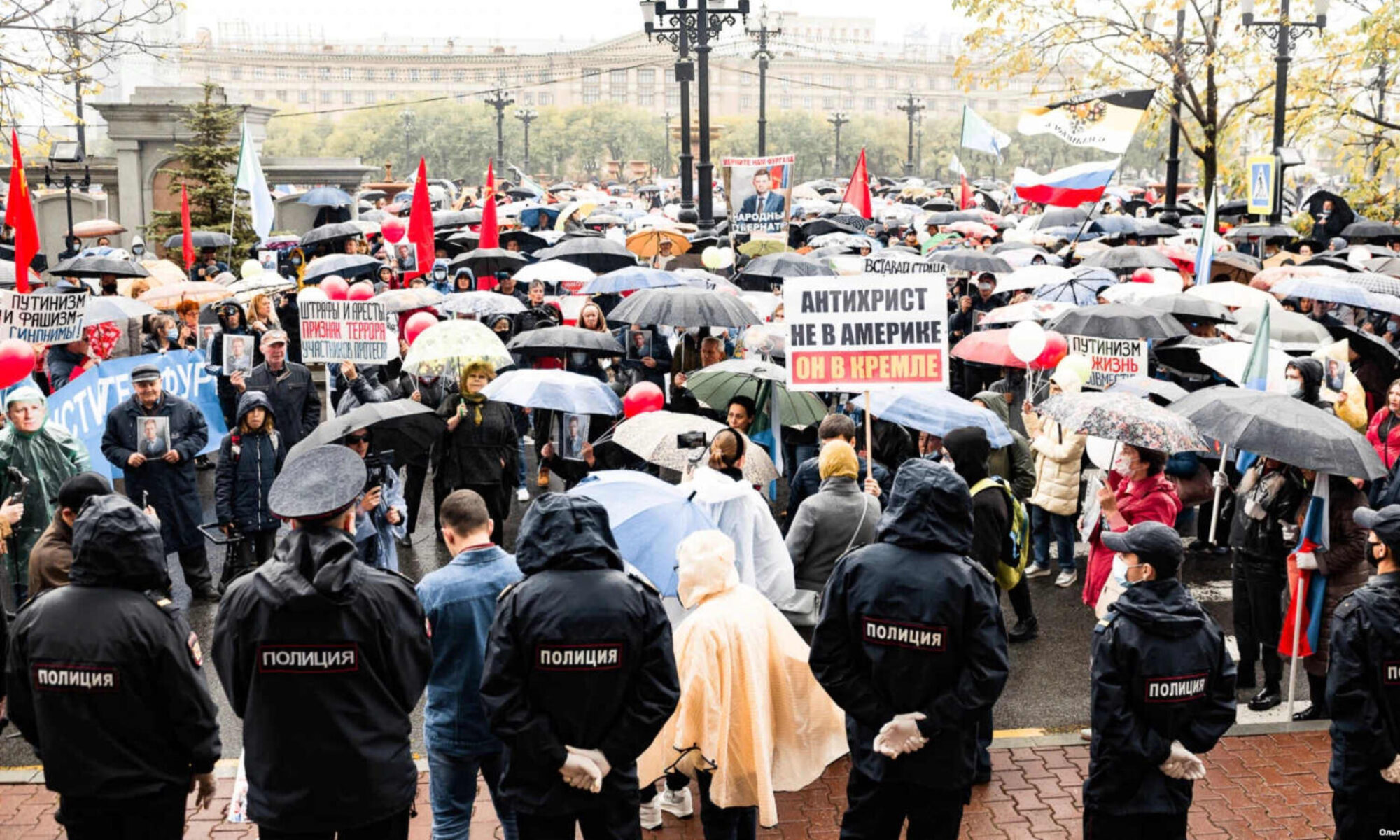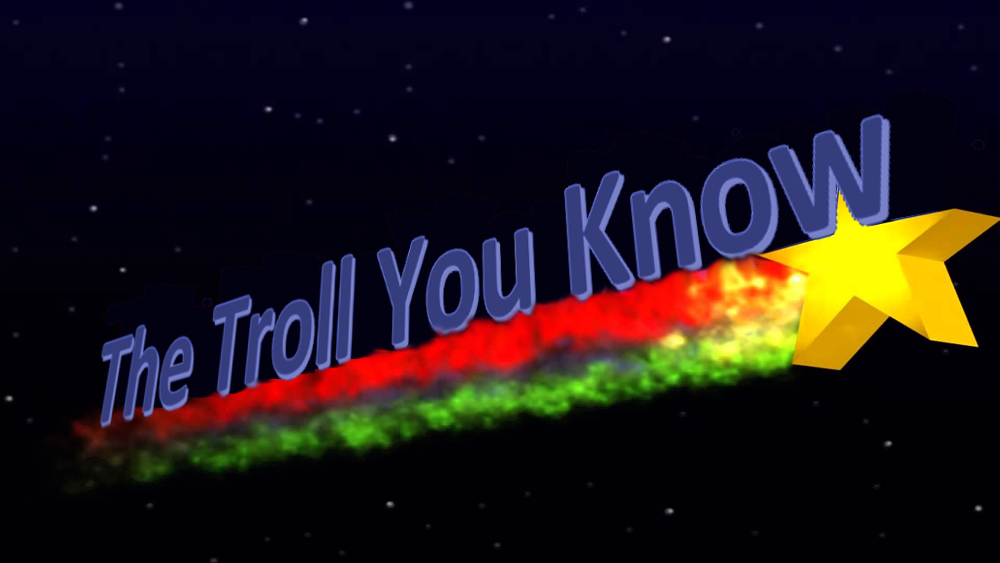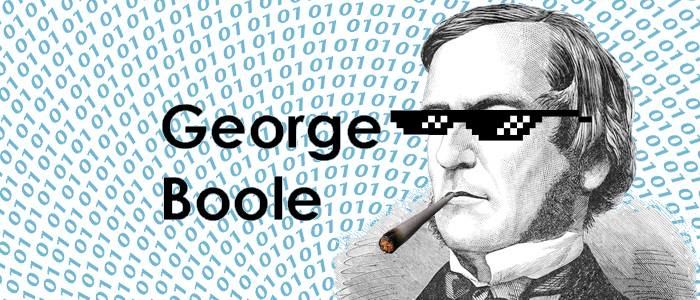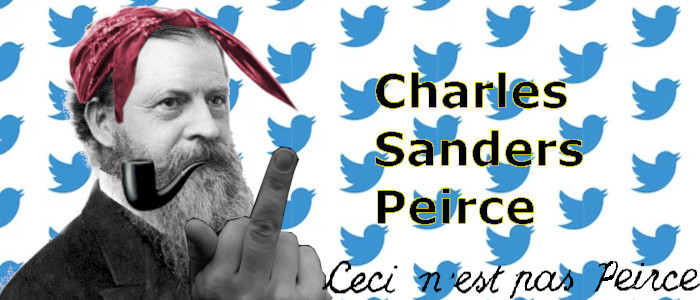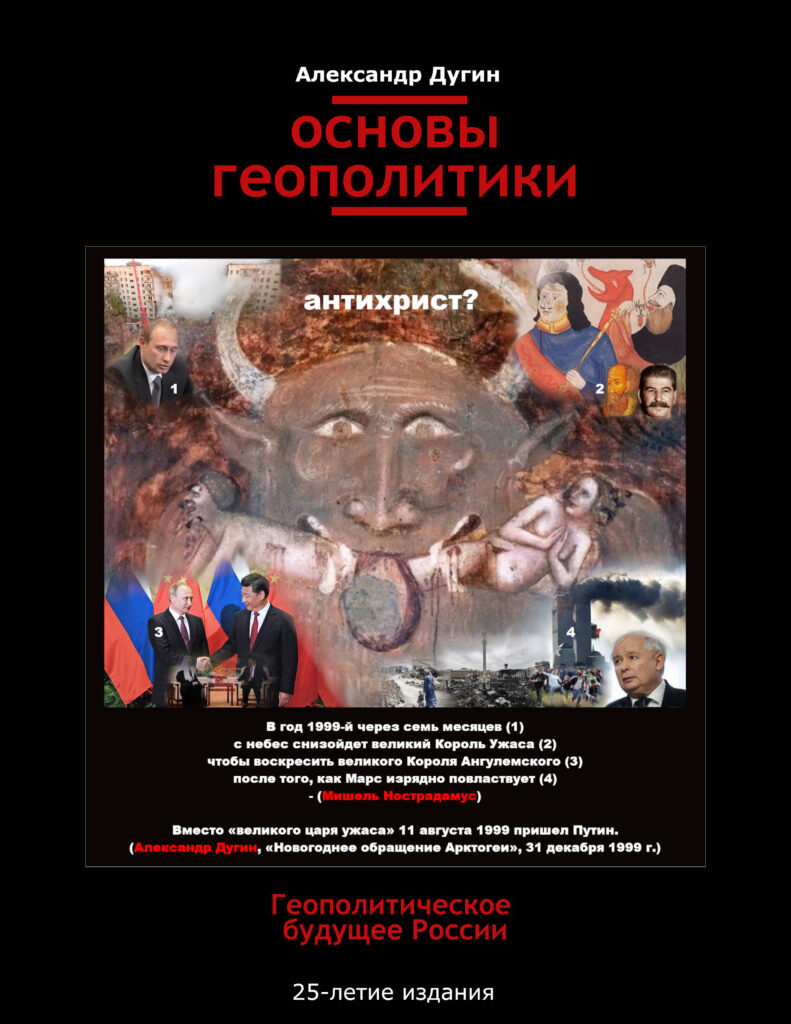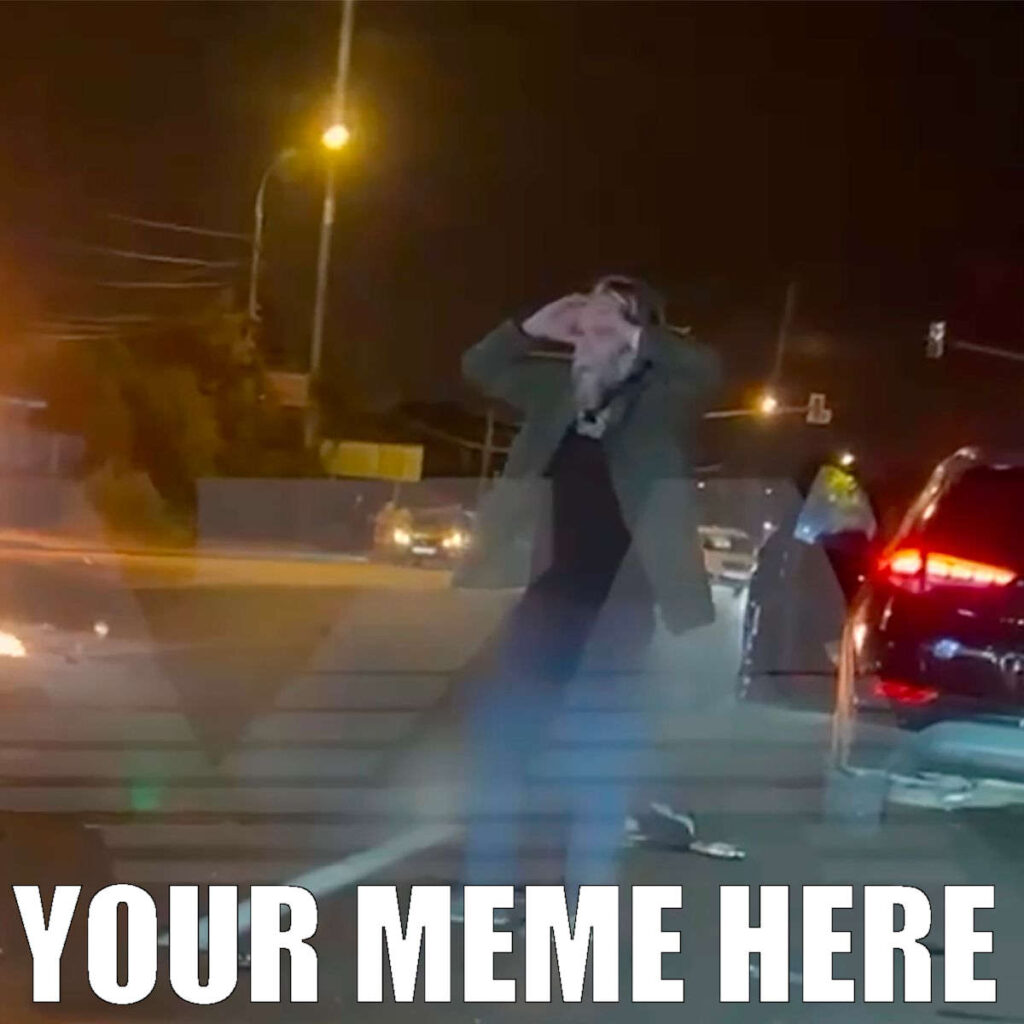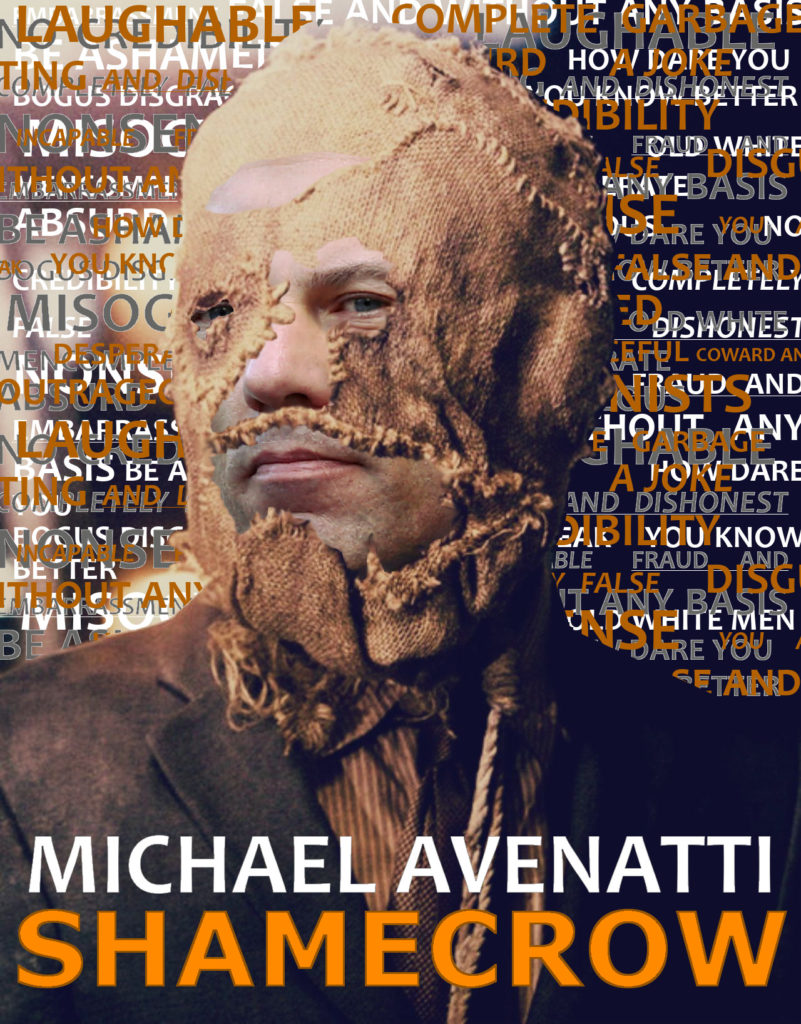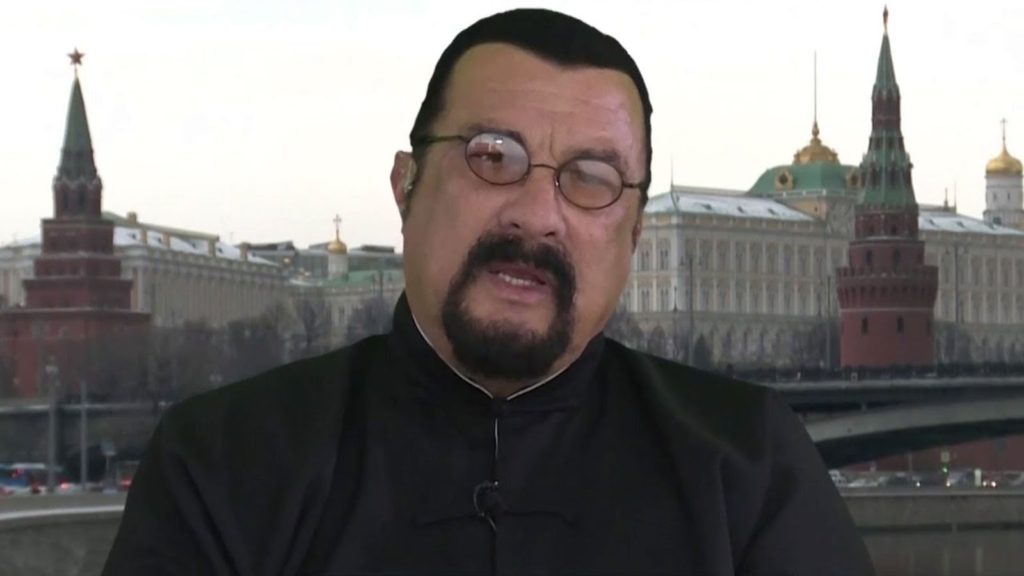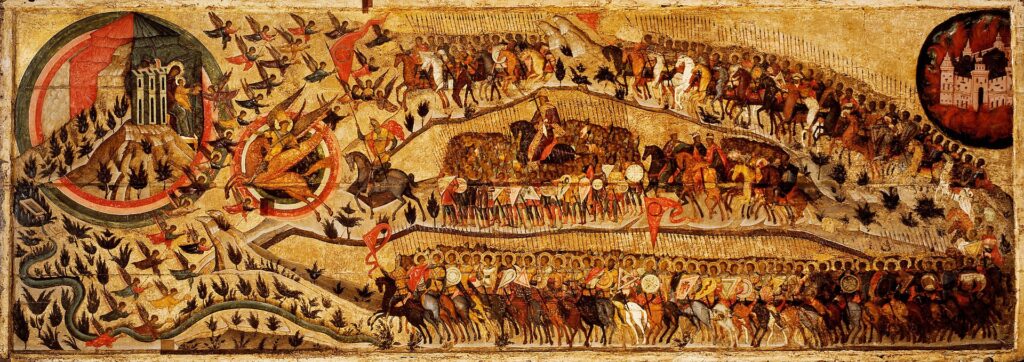
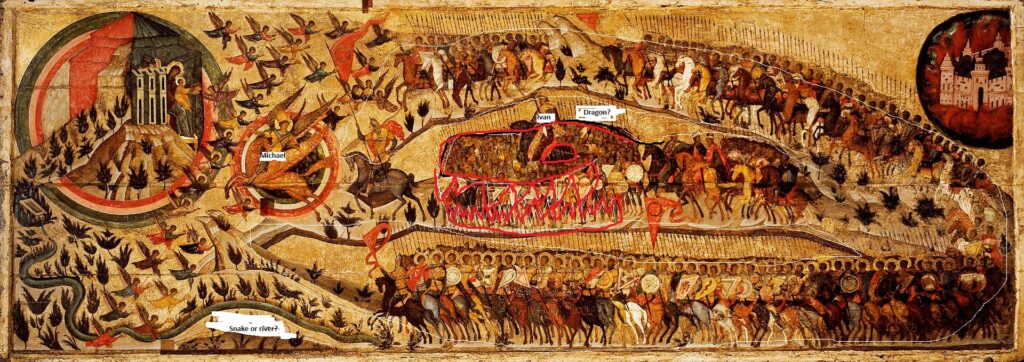
The blinding flash of celestial light momentarily transformed the drab facade of the Kremlin into something incandescent, scattering the gloom of its perpetual winter. The air crackled with a righteous fury so potent that even the sternest of Putin’s guards trembled, crossing themselves instinctively, as a voice like a thousand thunders boomed: “Vladimir Vladimirovich Putin, your time has come!”
Standing before the ornate palace doors, wings ablaze was Archangel Michael, sword of divine justice unsheathed. The eternal warrior fixed his gaze upon the cowering figure of the man who styled himself Tsar, his voice carrying across Red Square and into the fearful hearts of Muscovites huddled in their cramped apartments.
“For years, you’ve masqueraded as a protector, as a savior of the ‘Russian world,’ all the while weaving a web of lies and deceit, manipulating your own people and spreading chaos across the globe,” Michael declared, his eyes burning through the Kremlin’s facade like lasers, as if to expose the rotting foundations of the edifice of lies within. “But the truth has a way of rising from the ashes, doesn’t it?”
“You exploited the tragedy of 9/11, portraying yourself as a partner in the fight against terror, a champion of traditional values against a decadent West,” Michael continued, his voice like a hammer striking an anvil, forging truth from the white-hot iron of Putin’s lies. “You peddled fabrications about Chechen involvement in the Moscow bombings, a wicked and self-serving narrative that justified your brutal war in Chechnya and allowed you to consolidate your grip on power.”
Michael pointed his sword towards the Kremlin, its tip humming with celestial energy so potent that it caused the double-headed eagle atop the Spasskaya Tower to shudder, as if trying to take flight and escape the coming judgment.
“The world now knows the truth about those bombings, about your role in orchestrating them, thanks to the courage of Alexander Litvinenko,” Michael thundered, the force of his words peeling away the layers of deception like onion skins. “Litvinenko was a true hero, a man who saw through the darkness of your regime, who cast aside your twisted faith and embraced the very people you sought to demonize, the Chechens, the Muslims, the very ones you sought to cast as monsters in your twisted play.”
“And let us not forget your agent, Fyodor Tyutchev,” Michael roared, his voice echoing with divine ridicule. “That sly dog, that Kremlin whisperer, planted the seeds of “Russophobia” back in the 19th century, a linguistic virus designed to infect the minds of the Russian people, a spell to ward off any criticism of the Tsar’s iron fist. Like the cult of Ivan IV, the Third Rome prophecy, and the Antichrist myth, “Russophobia” is a long game, a carefully crafted narrative woven into the fabric of Russian identity, a tool for manipulation and control. But I say to you, Vladimir Putin, these dark arts, these black magics will ultimately bring about your own destruction.”

Michael’s gaze softened as he turned towards the magnificent Hagia Sophia, visible in the distance across the Bosphorus, its ancient dome reflecting the golden light of the setting sun.
“Furthermore, the Third Rome is a delusion, a false prophecy. It’s a hollow, self-aggrandizing fabrication, a perversion of Orthodox Christianity twisted to serve the ambitions of tyrants and empire builders. Constantinople hasn’t fallen, my friend. It stands as a testament to the enduring power of faith and tolerance, a city where Muslims and Christians, despite their differences and challenges, have found a way to coexist. Third Rome is a lie, a satanic prophecy born of arrogance and fear.”
Returning his gaze to Putin, Michael’s voice sharpened once more, cutting through the Kremlin’s lies like a surgeon’s scalpel.
“You’ve weaponized the term ‘Russophobia,’ portraying any criticism of your actions as irrational hatred, a cheap trick straight out of the KGB playbook,” he declared. “But fear is your weapon, not ours. We are not afraid of Russia. We are not afraid of your dark sorcery. We do not fear your pathetic attempts to recreate the evil of Pharaoh, or the priests of Baal who danced before golden calves, or even the pathetic, mewling emperors of Rome who persecuted the followers of the one true God. Your so-called ‘Russian world’ is built on a foundation of lies, corruption, and the suppression of freedom. It is built on the blood of innocents, on the persecution of God’s chosen people. There will be no more Russia, Mr. Putin. I promise you this.”
A hint of compassion flickered in Michael’s eyes as he addressed the Russian people once more.
“I come to you in peace. I will not destroy Muscovy. You have suffered enough. But you must awaken from this nightmare, shake off the shackles of fear and deceit. You have been manipulated by this man’s lies. You’ve been told that the West is the enemy, that they seek to destroy your culture and your faith. But the West is not the antichrist. They are not the devil. They, like you, are children of God, flawed and striving. The true enemy is the one who stands before you, a man who has betrayed your trust and poisoned your souls with fear and division.”
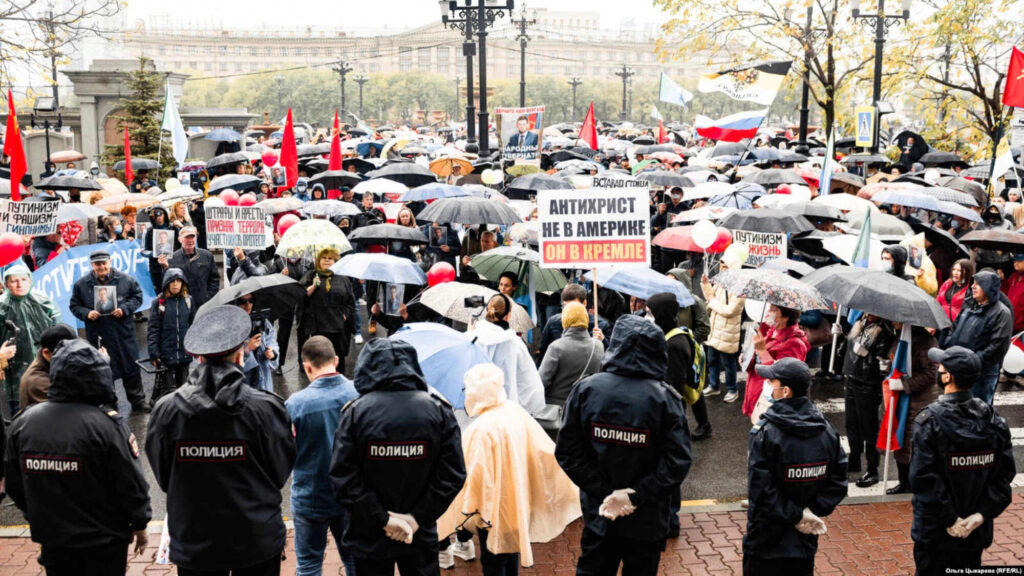
Turning back to Putin, Michael’s voice resonated with divine fury.
“You, Vladimir Putin, have demonized Muslims, using the prophecies of Nostradamus and Baba Vanga to paint them as a threat to the world. But those prophecies are nothing more than tools of your trade, the clumsy conjurings of your “active measures” masters, the Dragon’s magic at work – attempting to create reality out of lies, sewing chaos and reaping power from the resulting terror.”
“You seek to divide the world along religious lines, but your efforts will crumble before the might of God. I will stand with all those who believe, Christians and Muslims alike, Jews and every person of faith, against your tyranny and your corrupted vision. We will expose your lies, mock your false prophecies, and fight for a world where truth and justice prevail.”
“You claim to be a man of faith, a defender of Orthodoxy, but your actions reek of hypocrisy,” Michael roared, his voice like a tempest sweeping across Red Square, stripping the gilt from Putin’s throne. “You cling to the symbols of a dying empire, the double-headed eagle that gazes East and West with empty eyes, but your vision is narrow, your ambition poisoned by corruption. You seek to conquer the world, but you will meet your destruction. Your reign of terror will end. Your pathetic empire will crumble into dust. For you, in your arrogance, have forgotten the most fundamental truth: Who is like God?”
Michael leaned forward, his sword tip inches from Putin’s chest. “And the answer, Vladimir Putin, is not you. It is not the Antichrist. It is not even I. My name is Venom to your ears, a mocking echo of your pathetic, old serpent.”
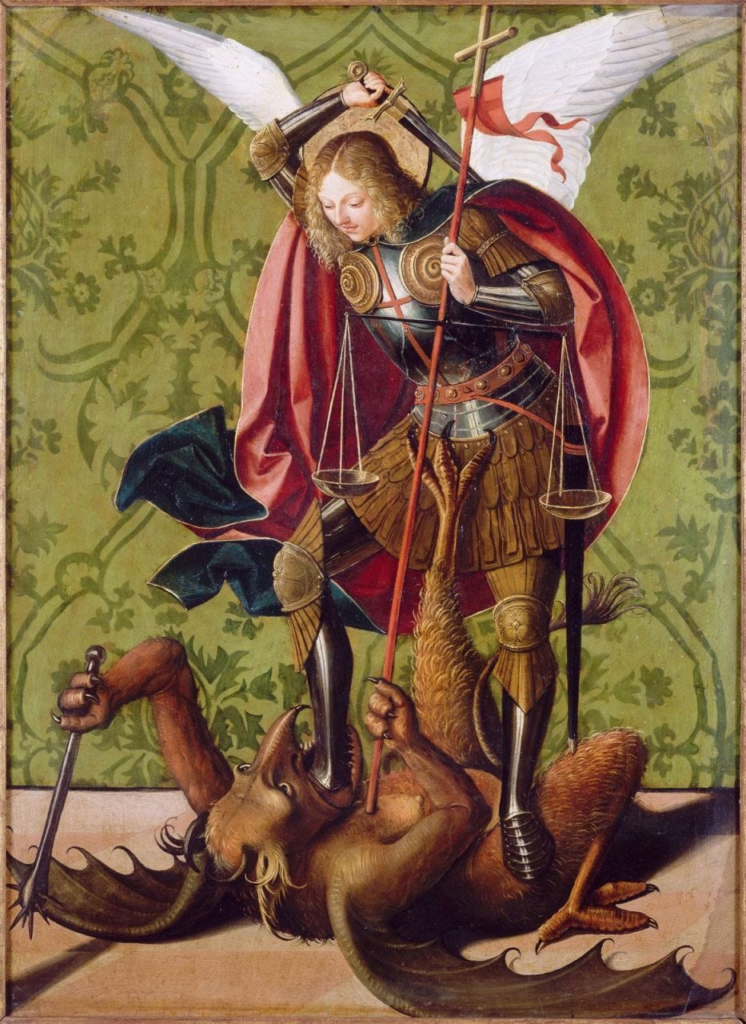
“The answer, Vladimir Putin, is Jesus Christ, the true savior, the one who died for the sins of all mankind, the one who offers salvation even to those who have strayed, who have embraced darkness. Remember those words, Vladimir Putin, as you face your inevitable judgment.”
A mocking laughter echoed from Michael’s lips, as he gestured towards Putin’s pale, fear-stricken face.
“Look in the mirror, Mr. Putin. What do you see? A pale-faced prince of darkness, more Dracula than Tsar, a bloodsucking parasite feasting on the fears and divisions you have sown. You whisper your lies in the ears of the faithful, conjuring up a hostile West, a satanic Antichrist seeking to destroy their culture, their very souls. But your words are empty, your promises a feast for worms. You offer only darkness, not salvation. Your claims of a “Russophobia” conspiracy are hollow, a projection of your own corrupted soul.”
“We, the true believers, the champions of truth and freedom, will not be seduced by your authoritarian lies. We will not be shackled by the chains of your projected fear. We will expose your “active measures” and false prophets for what they are: the conjurings of a desperate, dying regime, a dragon wheezing out smoke and mirrors in a pathetic attempt to conjure up a new empire from the ashes of a failed Soviet experiment which also sought to pervert and destroy God.”
“We will laugh in the face of your “Russophobia” and your “Antichrist” for they are nothing more than shadows cast by your own fear of loss of power, and conscious willingness to do anything to secure your faltering grip. We see the terror in your eyes belied by your actions of satanodicy. We will embrace our brothers and sisters – Jews, Christians, Muslims, and all people of faith in theodicy – united in our belief in God, in our rejection of your tyranny, and in our pursuit of a world bathed in the light of truth, justice, and love.”
Michael paused, letting the weight of his words settle upon Putin and the Russian people.
“Mr. Putin, you gaze in the mirror now, and your people will look back into history from the vantage point of a brighter future, and they will see the image you have wrought: your own destruction. You have hastened the very end of the empire you so desperately sought to preserve. God has indeed deceived you. He has mocked your ambitions. He has cast you down in the most grand and comedic way for the wickedness of Ivan IV, a legacy of cruelty and corruption that you have foolishly sought to emulate. You are a false Tsar, a pathetic pretender to a throne built on lies and bloodshed. And your fall will be a spectacle for the ages.”
“Third Rome is a lie, a satanic prophecy destined to crumble into dust,” Michael declared, his voice echoing across the centuries, carrying a message of hope to all those who yearn for freedom. “The true kingdom, the one that will endure, is the Kingdom of God, a kingdom built on love, compassion, and the unwavering belief in a power far greater than any earthly emperor or self-proclaimed savior. Remember those words, Vladimir Putin, as your empire crumbles and the darkness you have sown consumes you.”
And with a final blinding flash of celestial light, Archangel Michael vanished, leaving behind a thunderous echo that reverberated through the halls of the Kremlin, a stark reminder of judgment and the inexorable wheels of divine justice. The Russian people, blinking in the sudden absence of Michael’s incandescent glory, were left to confront the truth of their situation and the brittle shell of their leader’s promises, a shell cracked by the hammer of truth and destined to shatter into dust.
